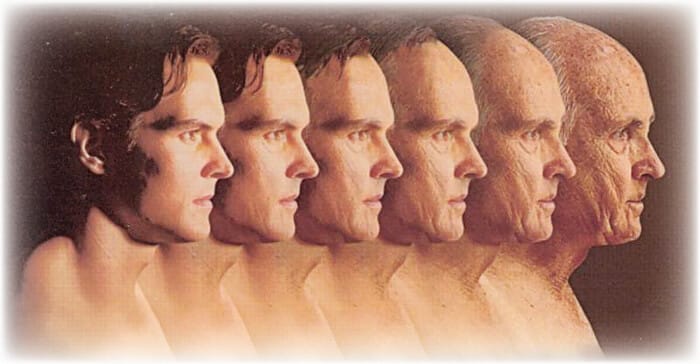The ability of organs to work well usually decreases as age advances. These changes usually limit the ability of the body to function in the right way. For instance, as age an individual progresses into old age, the ability of the brain to function in the right way usually declines. The following post addresses various questions relating to Alzheimer's disease and Age-related Dementia. The differences between these two conditioned are highlighted clearly as well as the treatment strategies that are used for both conditions. The post examines whether it is possible to increase memory in the elderly and common strategies that can be used to perform this activity.
What are the differences between Alzheimer's disease and Age-related Dementia?
According to class help experts Alzheimer’s disease is a continuous disorder that causes brain cells to degenerate and eventually die which destroys memory and the ability to think and with time the ability to carry out even the simplest forms of tasks by the body. This disease is the commonest factor that usually results in dementia. On the other hand, dementia does not represent a single condition, or disease. It refers to the disorders that are caused by brain changes that are abnormal. This changes also trigger a decline in the cognitive ability that an individual has which may impair the inability of a body to function properly.
What are treatment strategies for both Alzheimer's disease and Dementia?
The Alzheimer’s disease cannot be successfully treated using one form of intervention or treatment. However, most of the interventions that are currently used focus on managing the mental function and slowing down the symptoms. Several drugs have been approved to treat mild to moderate Alzheimer’s and moderate to severe Alzheimer’s such as cholinesterase inhibitors and Namenda respectively. The treatment of dementia on the other hand depends on the cause of the condition at hand. Most drugs prescribed for Alzheimer’s are used to treat other types of dementia. However, in both cases, there are no treatment nor cure that stops the progression of the condition.
Is it possible to increase memory in the elderly?
Yes, it is possible to increase memory in the elderly. In some cases, when individuals attain the age of 50 years, they start to experience memory lapses which are characterized by the inability to remember things. Such cases may be a sign of dementia or a significant loss in the intellectual function. Various studies conducted have showed that it is possible to prevent cognitive decline and improve the memory as an individual ages. The next part discusses various strategies used to increase memory in the elderly.
What are common strategies for increasing memory in the elderly?
The best way to increase memory in old age is by maintaining good health habits. One way is by getting enough sleep, where adequate sleep usually causes changes in the brain which has an effect in solidifying the memory. It also helps in strengthening the connection that exist between the brain cells and in transferring information from long-term to short-term memory. Sticking on an improved diet is also essential in increasing the memory in the elderly. Older people should stick on foods that are high in mono- and polyunsaturated fats such as fruits, olive oil, nuts, and fish. Engaging in mental exercises such as playing new instruments, learning new hobbies that involved coordinate of various parts such as eyes and the hand can also be useful. Another factor that can also play an essential role is maintaining social relationships and connections with others people. These strategies among others are therefore essential and useful in preserving and increasing memory in the elderly. We conduct research research on various subjects and if you wish to obtain insight into various subjects, you can simply reach out to experts that will increase your chances for success.





Comments